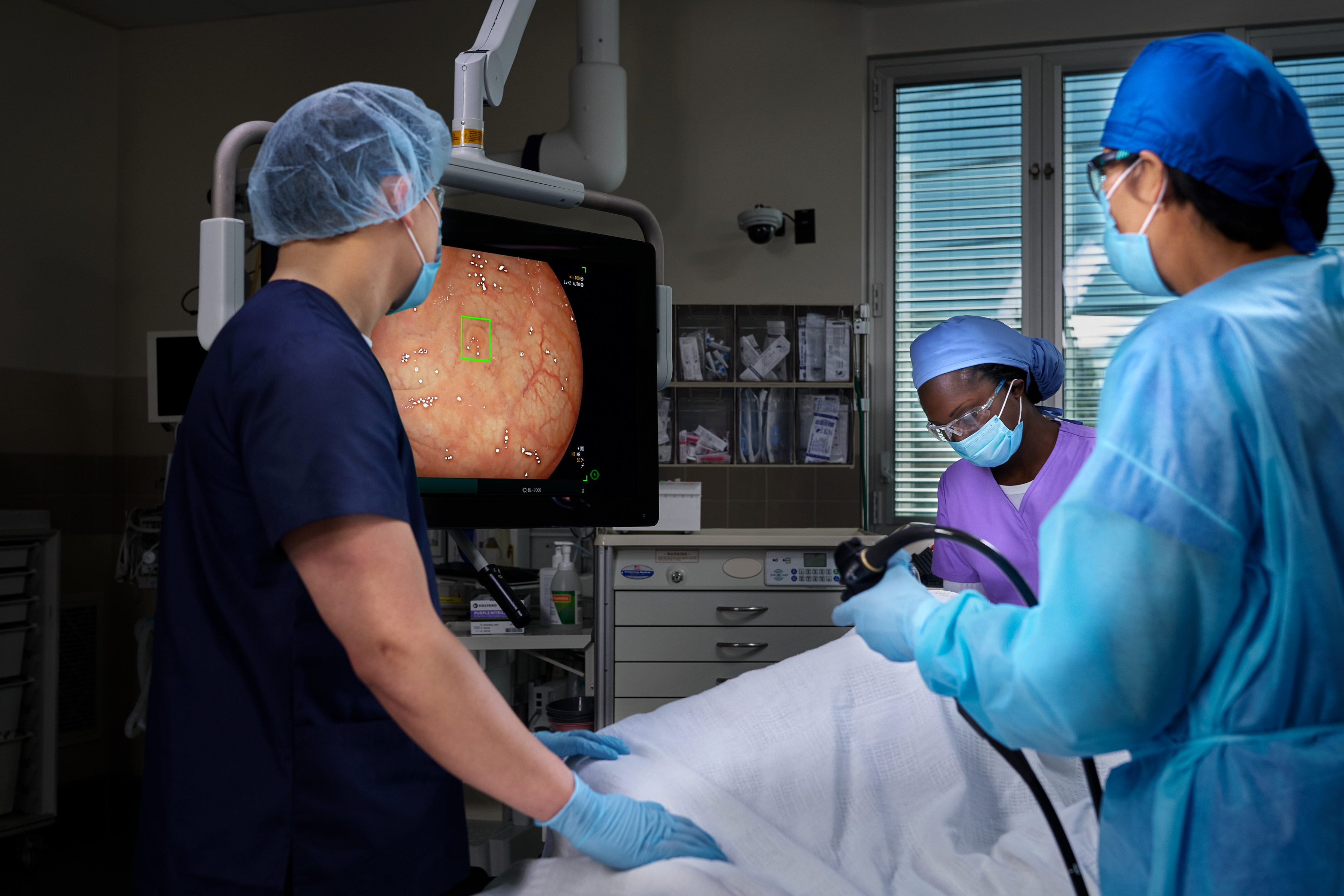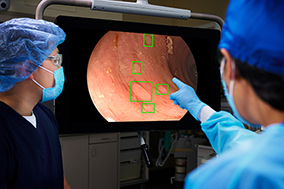Gut check: Learn the warning signs of colorectal cancer
March is colorectal cancer awareness month — help prevent the deadly disease

Any cancer diagnosis is life-altering. It’s normal to feel fear, anxiety, and panic.
But some cancers are very treatable if caught early. Colorectal cancer is a great example. When diagnosed before the cancer has spread beyond the colon or rectum, the five-year survival rate is 90%.1
March is Colorectal Cancer Awareness Month and there’s no better time to learn the facts about this disease, which is the third most common cancer diagnosed in the United States.2
What is colorectal cancer?
Colorectal cancer is a disease of the colon or rectum.
Most cases of colorectal cancer occur in people ages 45 and older. Unfortunately, cases of colorectal cancer in much younger people are on the rise. Last year, more than 150,000 Americans were expected to be diagnosed with this disease and about one-third of those people were expected to die.3

What are the symptoms?
Some people who develop colorectal cancer may have no symptoms, especially at first. But there are some symptoms to look out for, said Dr. Austin Chiang, M.D., MPH, and chief medical officer for the Gastrointestinal business at Medtronic. Those include:
- Changing bowel habits
- Rectal bleeding
- Unexplained weight loss
How can you prevent colorectal cancer?
Screening is the key. Doctors now recommend regular screening for people over the age 45.4
“We are seeing rising rates of early onset colorectal cancer in younger people,” Dr. Chiang said. “Current screening recommendations start at age 45 and if you have an underlying condition or a family history, consider getting screened even earlier.”
The gold standard for colorectal cancer screening is a colonoscopy. During a colonoscopy, a doctor uses a long tube with a light and camera to detect polyps. With the help of healthcare technology powered by artificial intelligence, doctors can find polyps that might have otherwise gone undetected.
Another key point to remember is that — for most people — a negative colonoscopy means that you won’t have to get screened again for many years to come
How is colorectal cancer treated?
Treatment depends on the stage at which colorectal cancer is detected. Options can range from minimally invasive surgery to chemotherapy and radiation.
For more information about colorectal cancer, go to Medtronic.com/CRC
- Brenner H, Kloor M, Pox CP. Colorectal cancer. Lancet (London, England). 2014;383(9927):1490–1502.
- Gausman V, Dornblaser D, Anand S, et al. Risk Factors Associated with Early-Onset Colorectal Cancer. Clinical Gastroenterology and Hepatology. 2020;18(12):2752–2759.
- American Cancer Society. Colorectal Cancer Facts & Figures 2020-2022. Atlanta, Ga: American Cancer Society; 2020.
- Ahmed M. Colon Cancer: A Clinician’s Perspective in 2019. Gastroenterology Research. 2020;13(1):1–10.



